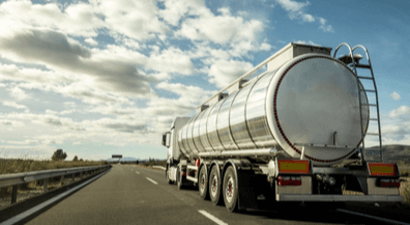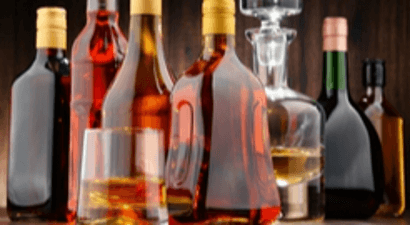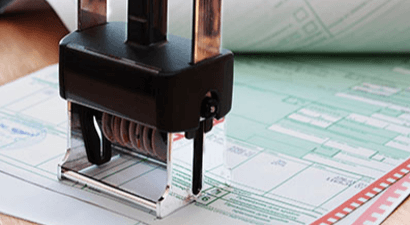WINE AND ALCOHOLIC BEVERAGE MANUFACTURING: REGULATORY REQUIREMENTS TO BE AWARE OF
When deciding to manufacture wine and other alcoholic beverages in South Africa, manufacturers need to be aware of the regulatory requirements and potential penalties for failing to comply with these requirements. While many people are aware that they will need to register a special manufacturing warehouse (“SVM”) in order to manufacture wine or other alcoholic beverages, they may not be aware that they will need to obtain a tariff determination and permission from the Department of Agriculture to manufacture these types of products.
Firstly, section 47 of the Customs and Excise Act 91 of 1961 requires that any alcohol that is a “new manufacture” must first be submitted to the South African Revenue Service (“SARS”) for a tariff classification before it can be manufactured. The application must provide SARS with:
- Detailed information of the brand name, process of manufacture, the ingredients used, the proportion in which they are used, the alcoholic strength, and such other particulars as the Commissioner may specify; and
- If applicable, a letter from the administering officer referred to in Section 3 of the Liquor Products Act, 1989 (Act No. 60 of 1989), confirming that the alcoholic beverage complies with that Act.
This application must be done in conjunction with an application to the Department of Agriculture for a SARS compliance certificate, as SARS will not issue a tariff determination without this certificate. The application for the compliance certificate involves providing the Department of Agriculture with information regarding the product, where applicable, a lab analysis or sample of the product, and documents pertaining to the ingredient list, manufacturing process, labels, and (in the case of cider) an Isotrope Analysis Certificate.
While these applications are tedious and can take a long time to be decided upon, it is crucial for manufacturers to ensure that these applications are finalised and decided upon before they begin producing and selling wine. Failing to do so poses the risk of severe penalties from SARS.





